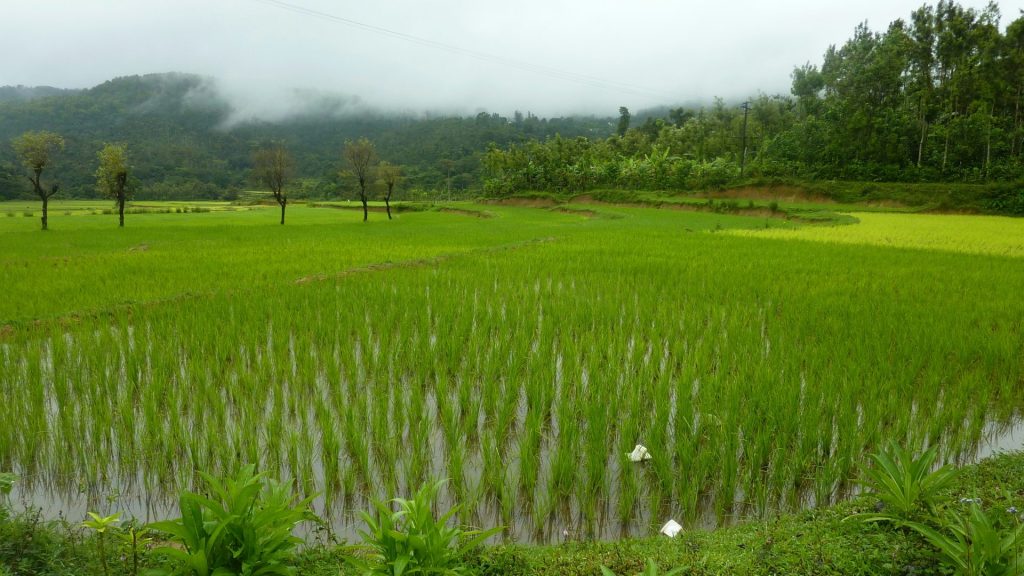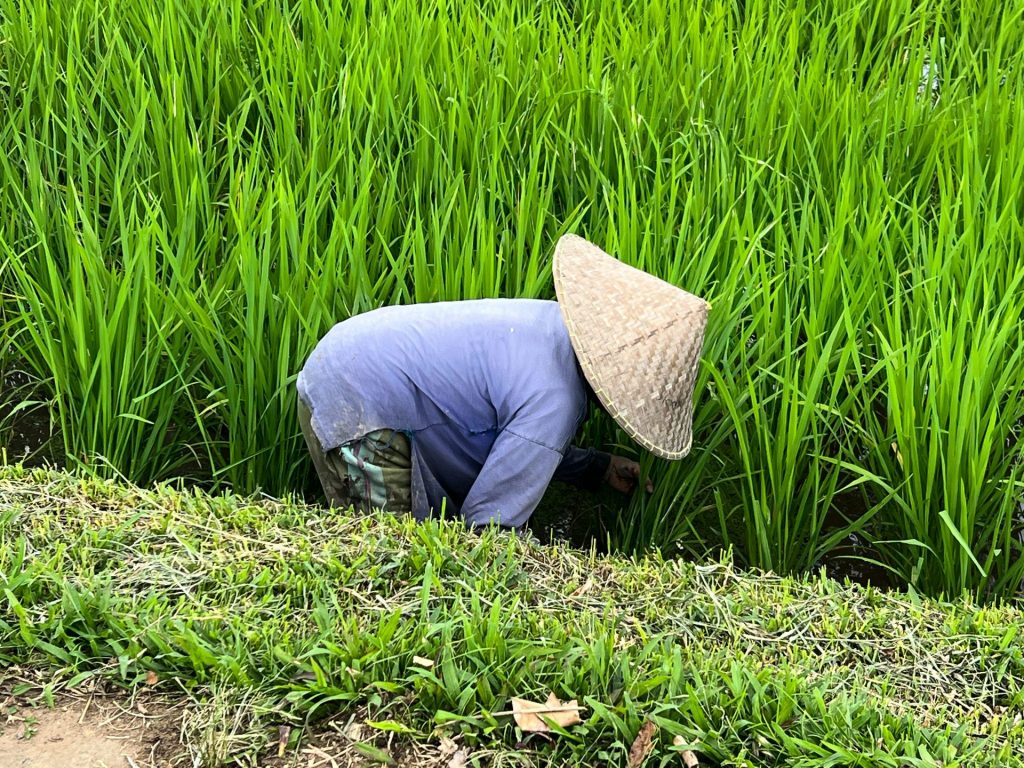IRRI and CORRA Stress Global Cooperation to Safeguard Rice Security Amid Rising Pressures
Table of Contents
Rice plays a critical role in global sustenance—feeding approximately four billion people and underpinning the livelihoods of around 150 million smallholder farmers. Yet this vital supply chain is becoming increasingly fragile as climate change, rising production costs, and trade disruptions compound the risks facing global rice security. These concerns were spotlighted during a recent science webinar jointly presented by the International Rice Research Institute (IRRI) and the Council for Partnerships on Rice Research in Asia (CORRA).
Mounting Pressures on Rice Systems
The opening remarks from IRRI’s Asia Representative, Dr. Jongsoo Shin, painted a stark picture: farmers are grappling with soaring input costs, unpredictable weather patterns, shifting consumer habits, and geopolitical trade tensions. These growing pressures threaten both productivity and affordability—making innovation and coordination essential.
At the webinar, IRRI Director General Dr. Yvonne Pinto delivered a video address urging immediate and sustained collaboration. She emphasized that research and cooperation are not optional in today’s volatile environment—they are urgent necessities.
Global Demand Continues Growing

According to IRRI senior scientist Dr. Alisher Mirzabaev, the global rice sector is substantial—valued at an estimated USD 332 billion annually. He explained that rising incomes, urbanization, and evolving dietary preferences are fueling increased rice consumption, particularly in Asia and Africa. As populations grow and diets diversify, pressure mounts on existing production systems to keep pace.
Supply Side Constraints and Market Volatility
Meanwhile, rice production—especially in high-yield areas—is bumping up against ecological and spatial limits. Further expansion of farmland is becoming unsustainable in many regions, meaning future growth must rely on healthier yields, not more land under cultivation.
Mirzabaev noted that rice prices remain highly volatile, exposing both smallholder farmers and urban consumers to sudden market shocks. He called on countries to invest more in adaptive research, enhanced yield technologies, robust buffer stock systems, and smart trade and insurance policies to cushion against these swings.
Cooperation as a Lifeline

CORRA—established by IRRI alongside national agricultural research systems from 17 Asian countries—serves as a key platform for aligning research, policy, and practical solutions. CORRA members at the webinar reaffirmed their commitment to long-term collaboration to shield the rice sector from future disruptions.
Looking ahead, CORRA’s annual meeting is scheduled for October 2025 in Uzbekistan. The event will be hosted by the Rice Research Institute – National Center for Knowledge and Innovation in Agriculture (RRI-NCKIA) and is expected to further emphasize regional cooperation and strategic alignment.



